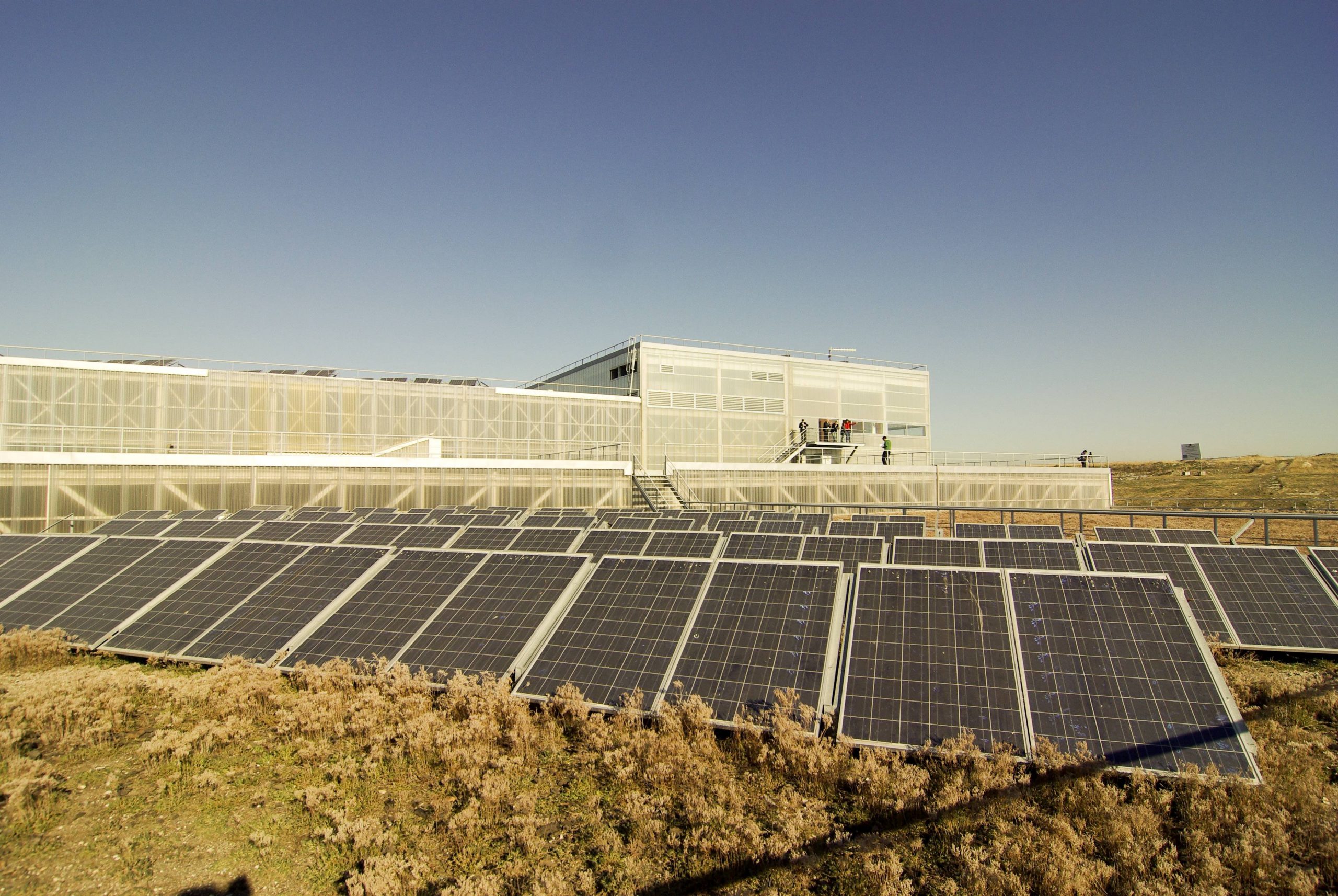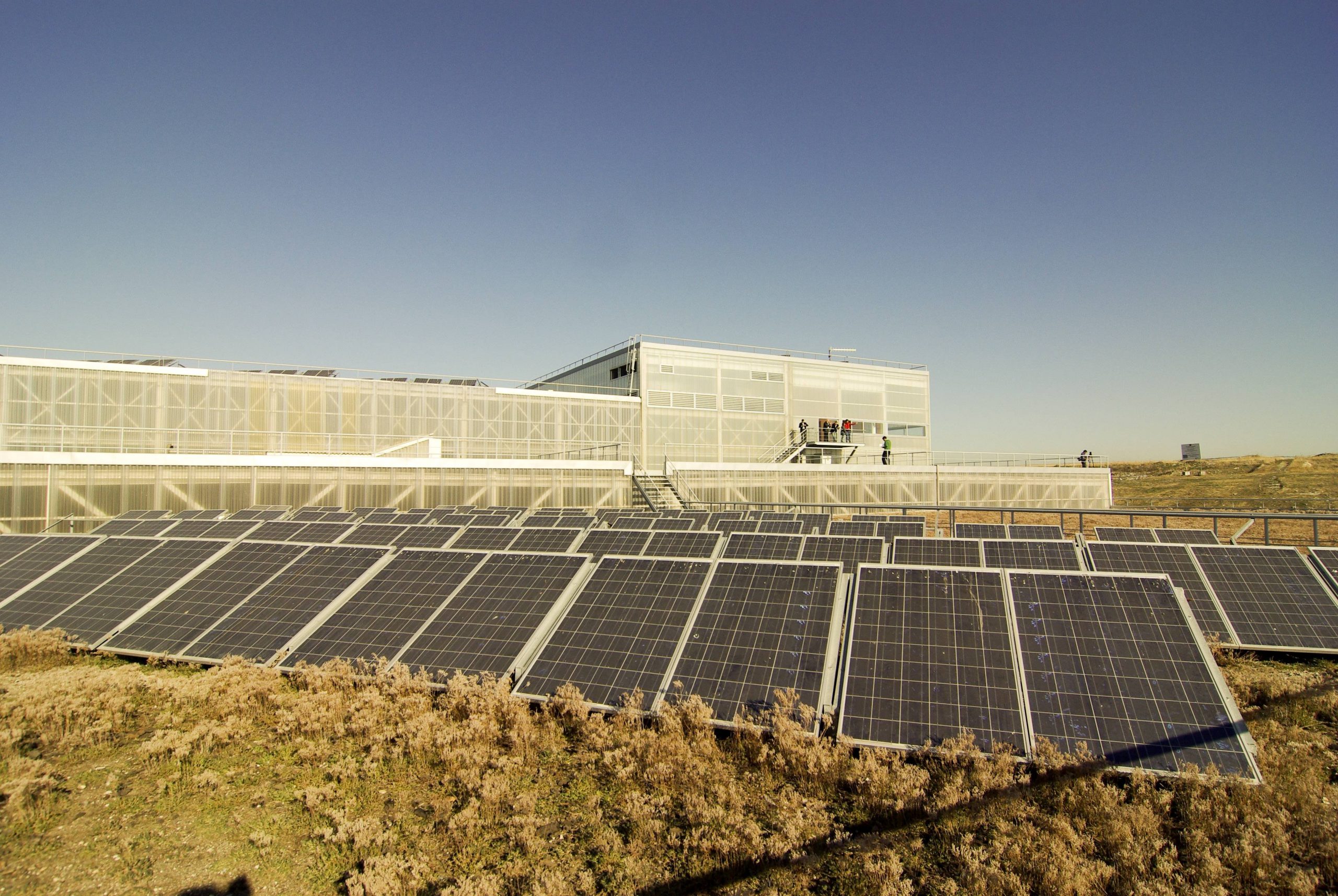A PROJECT to build a huge solar energy installation in the mountains of Chiva (Valencia) is causing uproar in the area.
A multinational company has purchased land to the tune of €12.6 million to instal 420 hectares of solar panels – the equivalent of 588 football pitches.

Although no one has voiced opposition to the infrastructure itself, the entire local council and the town’s population have denounced the planned location in the heart of the Sierra de Chiva – a site of great environmental and scenic importance.
A council motion was presented by the local Compromís and Más Chiva groups, warning that the panels would be built on farming and forestry land, causing ‘an irreparable short-term impact on our town’s society, economy and environment’.
The motion was passed unanimously by all the parties represented at the Town Hall, including the PP, PSOE, Cs and Chiva Unida, agreeing that renewable energy sources are vital to help slow down global warning but calling for the company to search for ‘other sites such as industrial estates’ instead of causing further damage to the town’s natural surroundings.
The joint document also points out the presence of several protected species that depend on the mountainous environment, plus the fact that the area has become very popular with residents and visitors in recent years.
Meanwhile, a group of 12 local associations has launched a civic opposition movement to the plans, distributing a petition to all the town’s businesses to collect signatures against the project.
The estate agency that managed the purchase of the land on behalf of the multinational company insists that the large plot is classed as ‘common rustic land’ and, as such, adequate for an installation of this type.
Over 100 landowners in the area have voluntarily sold their plots through the local agency, spokespeople said, adding that the multinational firm does not have the power to forcibly expropriate anyone’s property.
The group reveals that 4.2 million square metres of land have been sold for €30,000 per square metre, and that if the national Ministry of Ecological Transition gives the plans the thumbs-up, work will begin immediately.
Residents insist that a project of this magnitude must be approved by the whole town, ‘not just a few land-owners’.
Click here to read more Valencia News from The Olive Press.








